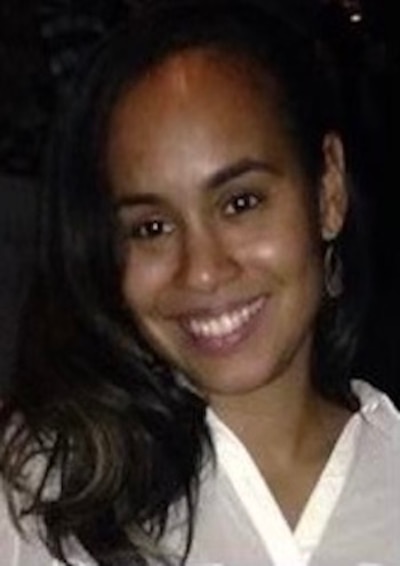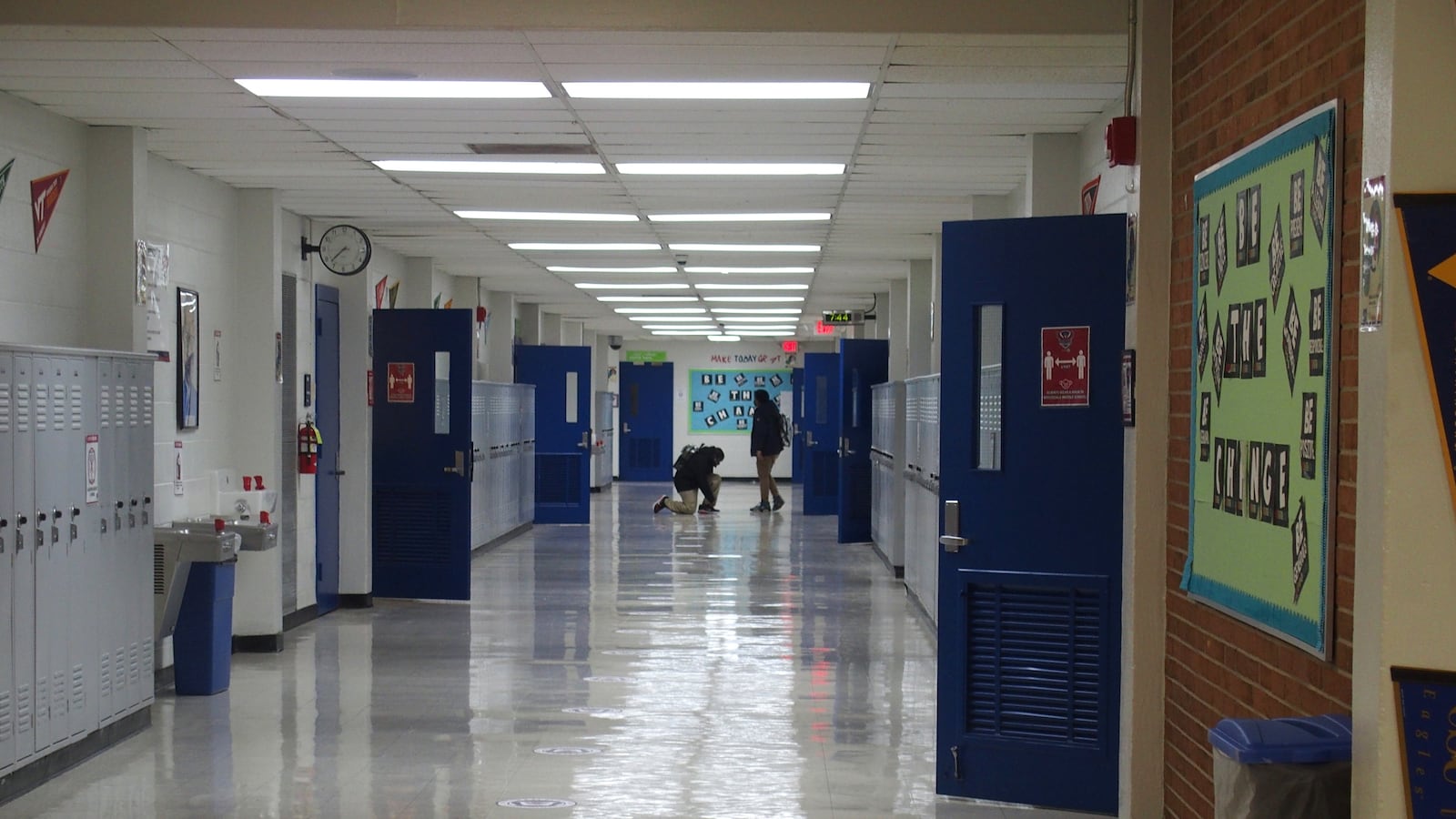When I say I’m a social worker, I usually get one of three responses:
“I could never do that kind of job!”
“Why did you choose a career that makes no money?”
“So you take children away.”
I’ve also been asked for help renewing a driver’s license and with food stamp applications. People have requested I speak to their troubled child, sibling, or friend because I will instantly know how to solve their problems.

As a social worker in the New York City public school system, I struggle between upholding the Social Work Code of Ethics and doing exactly what I am told by school administrators who typically have a misguided understanding of what my work entails. Instead of applying my skill set — active listening, empathy, and communication that empowers our clients and promote social change — I am ordered to fill in the gaps, from wake-up calls to data entry to disciplining students for dress code violations. I’ve had to cancel counseling sessions to stand by metal detectors that children are required to go through, to monitor the hallways, or to “watch” a group of suspended students.
I could fill pages with all the jobs I’ve done that have nothing to do with social work. The rationalization is that any type of human interaction automatically translates into “social work.” That’s because most people have no idea what a social worker does.
Social workers serve as advocates, mentors, therapists, analysts, community liaisons, activists, and visionaries. Social workers work in schools, mental health clinics, hospitals, prisons, retirement communities, corporations, and in government. We are everywhere.
School social workers serve to assess students’ overall functioning, provide therapeutic and crisis management services, advocate for children, connect families with community resources, and facilitate workshops for the school community on topics like stress management and mental health. However, in my experience, most responsibilities delegated to school social workers are not social work.
Before I explain further, consider whether you’d hire a heart surgeon to take blood pressure. A heart surgeon is more than qualified. Blood pressure is important and related to the heart, so it makes sense, right? Unless you are a patient needing heart surgery but left waiting because the surgeon is busy taking someone else’s blood pressure.
Patients requiring heart surgery are analogous to students in dire need of support. They come to school lonely, depressed, anxious, and sometimes suicidal. But unlike surgeons, social workers lack prestige and are often redirected away from the students’ urgent needs.
To be clear, I have no issue helping with duties outside my role. I am aware that working in a school requires a lot of flexibility; teachers are also often asked to do things other than teach. I do take issue when my primary function is obliterated and unrelated tasks take precedence over the mental health needs of students, especially since there is a shortage of school social workers.
In the New York City public school system, there are only about 1,320 full-time social workers to service roughly 1 million students, compared to 5,000 school-based police personnel. When a school social worker is treated as just another set of hands, it is detrimental to the entire school community. Students then feel undervalued, unimportant and unheard because the message is that other things are much more important.
Part of the issue is the lack of recognition of our professional identity. I have been introduced as “a guidance counselor who focuses on more emotional stuff than academics.” This is a misconception; social workers and guidance counselors are not interchangeable. And unlike some of the work counselors do, such as programming and tracking credit accumulation, much of our data is anecdotal rather than measurable.
I wish I could dedicate more time working in depth with students and families through individual and group counseling sessions, supporting them through trauma, heartbreak, and setbacks, rather than meeting a daily quota of outreach. Honestly, most of these assigned tasks are simpler than the work I thought I was hired to do. Anyone can log calls, but not everyone can take the place of a social worker.
During this pandemic, and the rise of racial tensions and civil unrest, it is even more critical that I fulfill my obligations as a social worker. Between mourning losses of loved ones and managing virtual school, our students are struggling to stay afloat. Mental health issues are on the rise, especially for Black and Latino youth, who make up the majority of New York City public school students and have the least access to services.
Additionally, children tend to feel their emotions at a higher intensity than adults, and I often provide the only safe space to process their complicated feelings. Many students have expressed to me that they feel isolated and checked out; it is unfortunate that I cannot adequately meet their needs as I am redirected elsewhere.
Despite my passion for social work, my role continues to be diminished and my time is largely spent on tasks below my skill set. Our students are hurting, and while listening to their stories may not add to the data, it just may save another life. And that is the only number that matters.
Vanessa Vélez, LMSW, a Bronx native, graduated from Cornell University and Columbia University, and is a firm believer in defying stereotypes and breaking barriers. When she’s not busy explaining what a social worker does, she can be found fulfilling her passion helping New York City youth realize their full potential beyond the box society puts them in.



